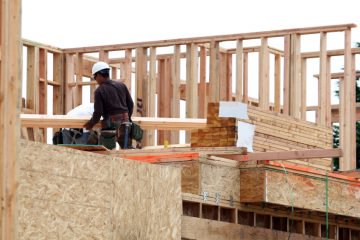MPs to Discuss Amendments to Housing and Planning Bill Today
MPs will discuss amendments made to the Housing and Planning Bill this afternoon, after the House of Lords made changes to the controversial new law.

MPs to Discuss Amendments to Housing and Planning Bill Today
There have been 13 outright Government defeats on the bill, as well as several equally significant concessions made by ministers to avoid defeat.
Numerous issues will be discussed, including planning regulations, estate agents, compulsory purchase and environmental standards for homes and drainage, as well as pay to stay provisions, which require those on higher incomes to pay higher rent if they wish to remain in social housing.
Additionally, the controversial Right to Buy extension will be examined. Last week, the Public Accounts Committee (PAC) slammed the scheme.
The PAC emphasised a lack of clarity around how the policy would be funded or what its wider financial impact would be.
The Chair of the PAC, Meg Hillier, says the Government should be “embarrassed” by its findings.
“Extending Right to Buy will affect many thousands of people, yet the department has failed to provide basic information to support its stated aims,” she insists. “Instead we have heard vague assertions about what it will accomplish and how.”
She continues: “The approach to paying for this policy seems to be entirely speculative. On the basis of evidence heard by our committee, there are no costings or workings out. We are not talking about a back of an envelope calculation – there is no envelope at all.”
The Housing and Planning Bill was introduced to the House of Commons on 13th October 2015 and completed this stage on 12th January 2016.
The bill then went to the House of Lords for discussion, which was completed on 27th April 2016.
Today, MPs will consider the amendments made in the House of Lords, before voting on the issue.
Once the House of Commons and Lords agree on the final version of the bill, it can receive royal assent and become an Act of Parliament.
We will keep you updated on all changes to the bill.









